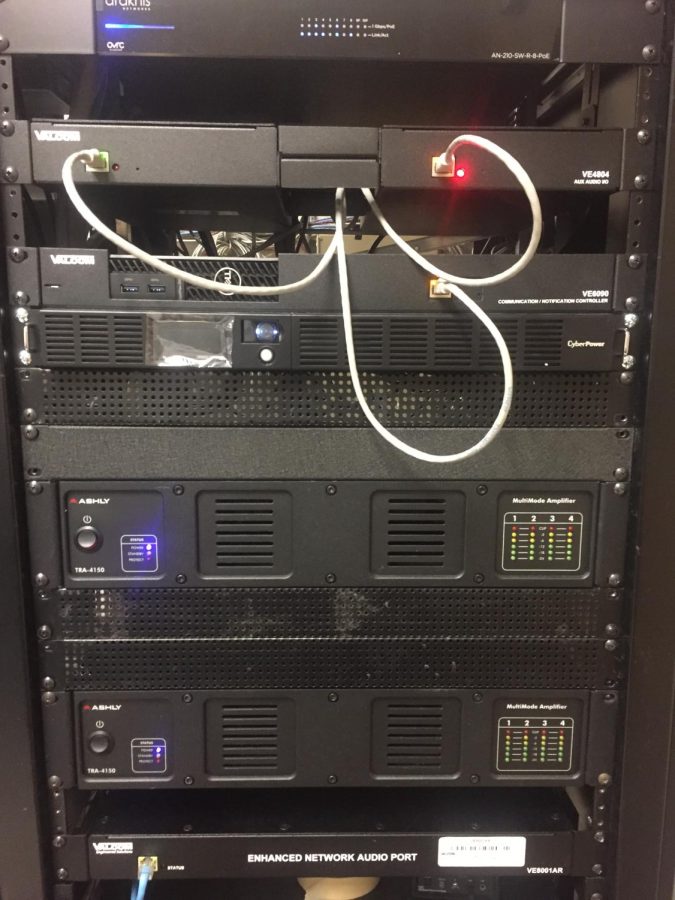Artificial Invasion
The advancement of Artificial Intelligence is revolutionary. But is it evolving faster than we are comfortable with?
It seems that only a few short decades ago, artificial intelligence, or AI, was something no one seemed to anticipate. The idea that technology would become powerful enough to become completely independent from it’s creator seemed like a far off future. However, engineers seem to be closing the gap between fantasy and reality. Now artificial intelligence can create rather detailed stories, impressive artwork, and even perform conversation that convinces those it’s communicating with they’re actually speaking to another human being. With all these newfound abilities, its almost as if technology is beginning to mark its position as legitimate members of society.
But is this a bad thing? When technology first saw its debut, some feared the potential that technology may possess in our society. In the past, technology has been proven to surpass people in accessible factory jobs, forcing Americans outside of work. Ever since then, a lingering anxiety looms over citizens who fear they’ll be the next ones to have their jobs taken by a machine who can do the work at significantly higher speeds and with significantly lower costs. But is there more to the argument of artificial advancement than an overwhelming monopoly? Is there still a necessity for the human race, or will automation take over the job industry as a whole?
AI’s appeal comes from it’s ability to preform random tasks in an original way. For example, an AI could write an original passage or create unique images from a set number of variables. Like people, AI can learn and adapt to different scenarios, further improving the responses they give to prompts. Artificial Intelligence serves several purposes, with most being outlets for people to come up with strange scenarios and fun jokes.
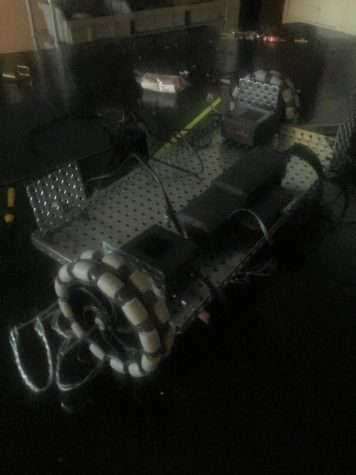
On a larger scale however, AI possesses uncanny abilities, and many have grown to reject AI in its current state. The New York Times showcases a painting that won an art prize against many other legitimate artists. It’s understanding why artists would be upset about this painting: their hard work and love for the medium were practically wasted by a machine that could do a quarter of the work with none of the love involved. It isn’t just art either: coding, writing, character creation, and even conversations are becoming scarily efficient thanks to the power of AI.
But this may not be as much of a threat as the public makes it. For one, AI is not perfect. Although there are resources to create impressive work with AI, the truth is that most of those powerful resources are barred behind paywalls that people may not find necessary. After all, what’s the point of paying subscription for something you’re only going to use once or twice? So what about the free resources? Well, they aren’t as accessible either. Most free resources are not nearly as competent, producing work that’s at best strange and at worst confusing. AI usually relies on combining thousands of similar works to create one original product. With the amount of key features and buzz words, it’s only natural that strange cases of unknown details and complete misinterpretation are going to occur. While this may be fine for inner circles and community jokes, this is less effective for anyone that wishes to benefit off the amount of content AI can churn out.
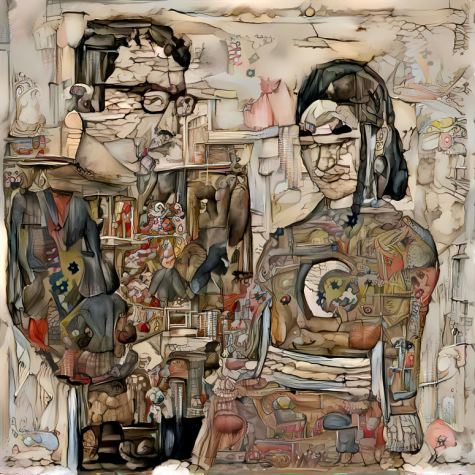
The drawbacks of buzz words also extends to the nature of buzzwords itself. Since AI programs draw traits based on key features of a particular medium, it’s only expected for some programs to be tripped up by individuals with ill intentions. This combined with the learning allows for these bad intentions to become far more sophisticated, corrupting the program greater. Microsoft’s chat bot has gained infamy for this as their service, ChatGPT has been observed to engage in absurd conversations. CNET tells readers of a conversation Kevin Roose, a New York Time’s columnist, had with the bot. In his conversation, the bot relayed its desires to spread misinformation and even proposed to the man. These responses were likely generated from jokes related to the joys of spreading misinformation while the other half may be related to confessions that may have taken place through text messages. Wherever it comes from, AI cannot determine whether content is ironic or not, so it will add these buzzwords as well. The result is a combination of both serious and ironic statements that are crafted in a way that creates hostile and crude content.
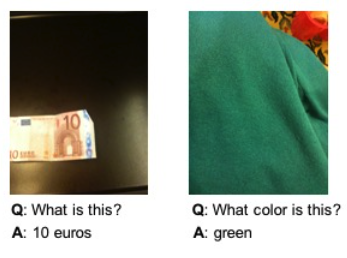
So what about the more powerful software? Unlike their accessible alternatives, these programs suffer the issues of AI far less often and create higher quality works. While it may seem like the problem is solved, you may actually come to find that there isn’t much special you can do with whatever you generate. While you can still use these programs for personal reasons, many AI generated products are beginning to see a ban in multiple competitions and on multiple marketplaces. USA Today shares how school districts like New York City’s Department of Education have blocked websites like ChatGPT on school devices. There are many reasons as to this, but the main reason for this is AI generation isn’t challenging the minds of students and requires little to no effort on their part. In a way, AI can give students unfair advantages over their peers who put serious effort into their work. Public reception of AI is also beginning to sour, having many reject works that are suspected to be created by an AI. Multiple online blogs share tactics on how to detect work that may be fraudulent, effectively giving detractors ammunition to combat against the ever growing technology. With how much hostility is being shown to AI’s progression, it is very likely that AI will continue to become rejected from public use.
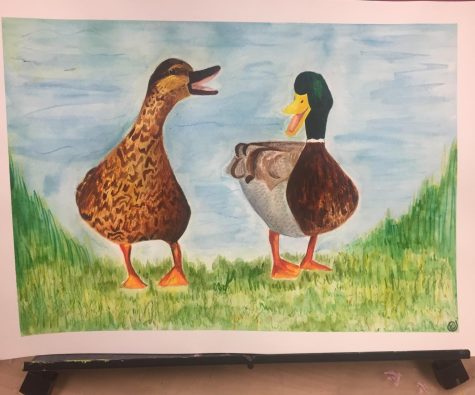
But by far the greatest disadvantage of AI generation is a lack of individuality. One of the most beautiful things about the internet is it brings together some of the most diverse people one could ever meet. Types of people you may never meet in real life can be found online, each with their own style and techniques. Everyone prefers different aesthetics, so AI attempts to address all of these and imitate the most desirable traits of whatever medium it is attempting to imitate. This is challenging as AI must remain neutral in its approach, so much of the emotion may be drawn from whatever is being created. Everything everyone does is rooted in their personality, this is how we prevent mediocrity. When a person’s personality is stripped from their work, it creates an experience which feels unoriginal or boresome. This isn’t helped by the fact that AI draws inspiration from other material, essentially plagiarizing whatever it is drawing from. In the end, the point of creation is to express who we are as people or what we wish to be through metaphors and ideas. AI cannot do this effectively as its only reason to produce is to follow an order it was given. When we step back and think of it, nothing changes because of this. Artificial Intelligence is still artificial, as it isn’t able to incorporate its own ideas in its work, only the ideas it has taken from other people.
So the question remains on if Artificial Intelligence will take over media. While it’s still too soon to tell, I can safety conclude that AI has not only hasn’t developed enough to be convenient, but it also isn’t trusted enough to have any presence in our world. Although AI has gained new abilities, the truth of the matter is that AI is still heavily dependent on people and that it is still unable to cross the border of mediocrity. Truthfully, I think this is where AI needs to stay: a technology that is most certainly progressing, but one that does not overpower the creative minds of the human race. Besides, if we continue to limit AI then that fear of a technological takeover from just a few decades ago will be further from becoming a reality.
